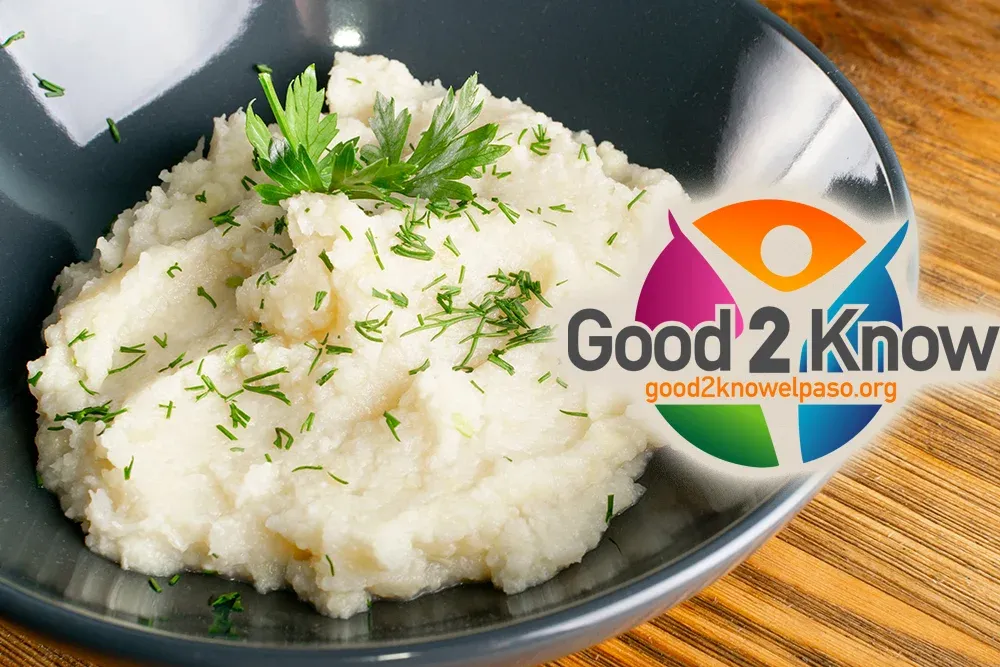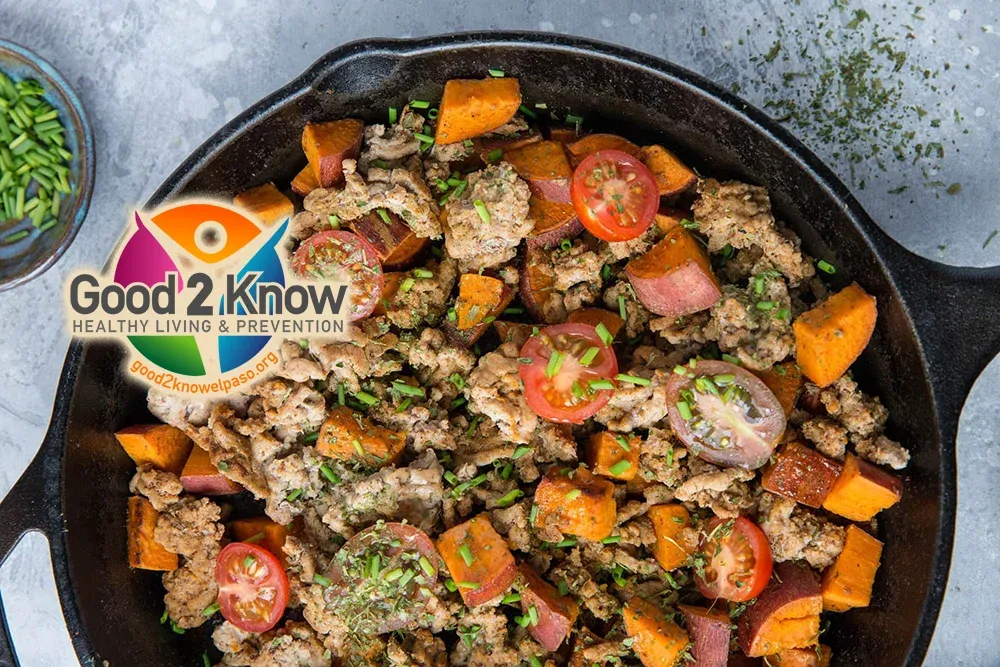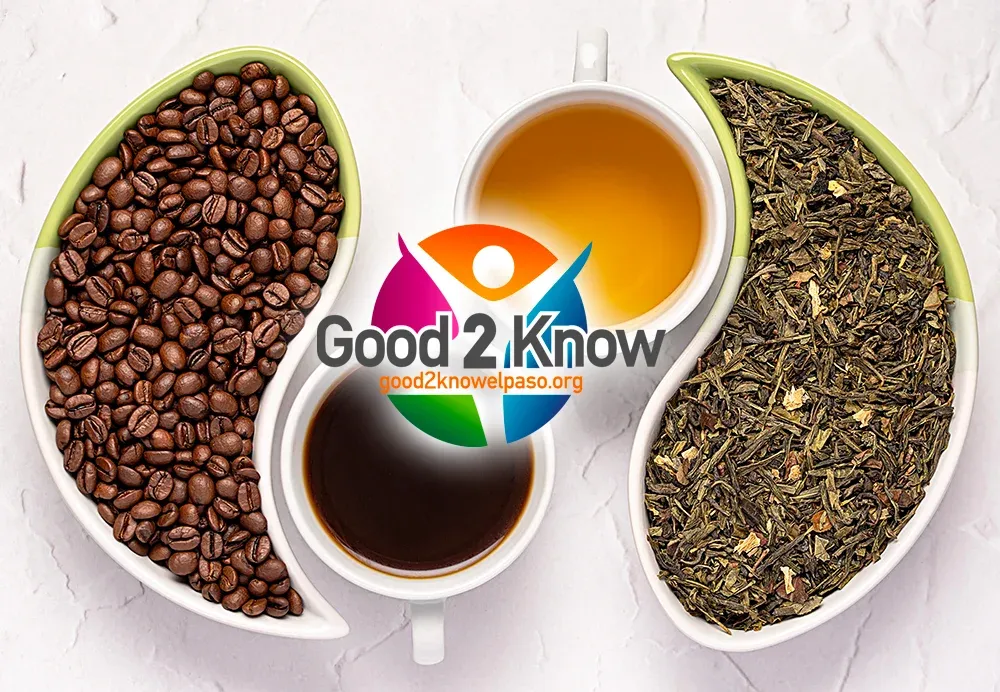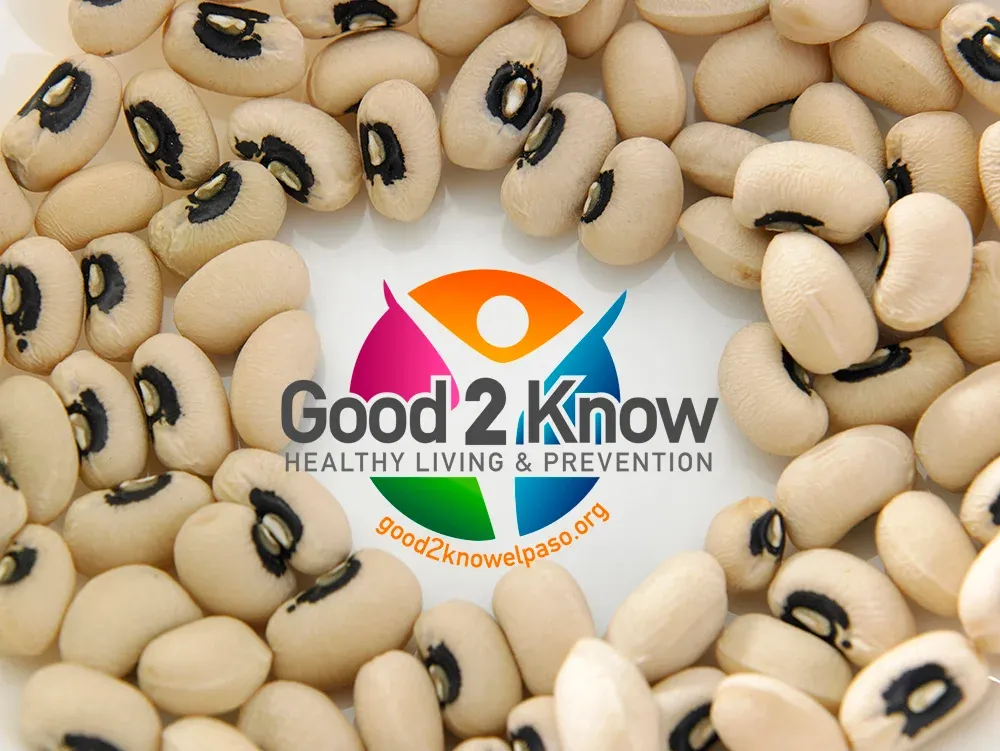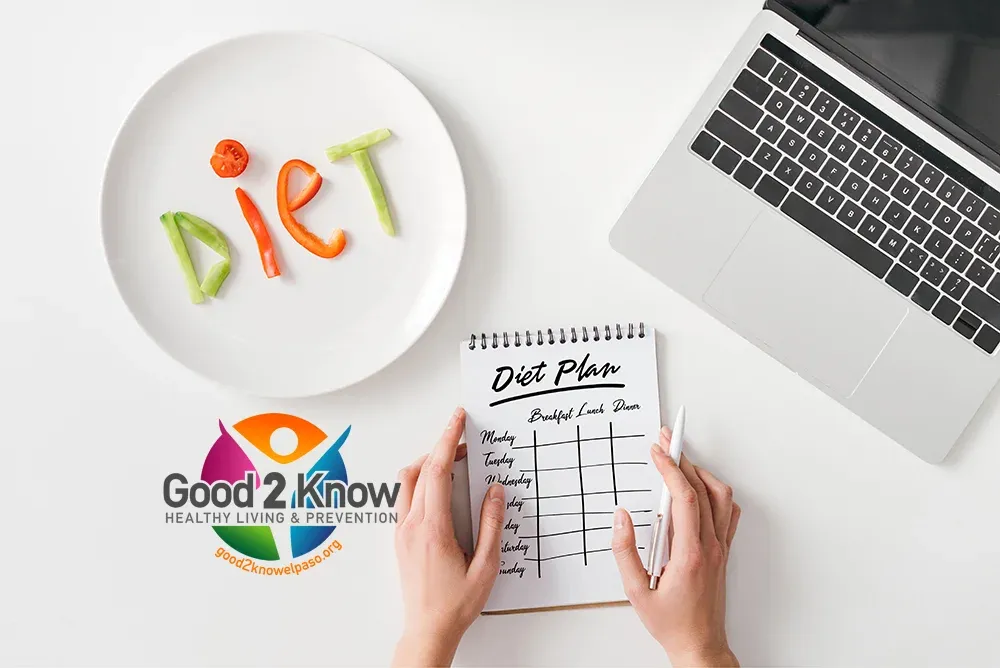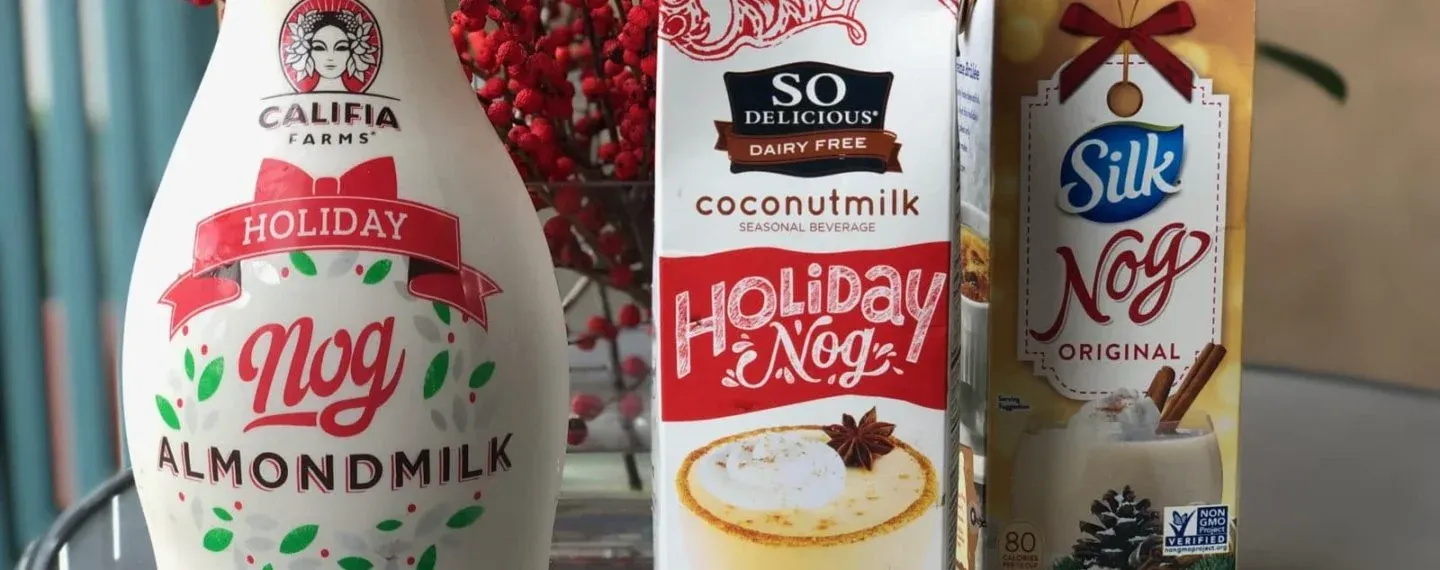While some factors that determine your personal risk of breast cancer like age and family history are beyond your control, but diet is one of several breast cancer risk factors you do have the power to change. And it can play a pivotal role in reducing your risk of the disease.
Diet appears to influence the risk of breast cancer in several ways. For one, being overweight or obese is a well-established risk factor for breast cancer, and eating healthfully plays an essential role in helping you lose weight (if needed) and keep your weight stable. Excess body fat has been linked to a higher risk of breast cancer in postmenopausal women due to its effects on inflammation, hormone levels, factors that regulate cell growth, and others.
While there are no “superfoods” that lower your likelihood of developing breast cancer, studies show that following a mostly plant-based diet may have a protective effect, especially among post-menopausal women. Many studies have focused on the Mediterranean diet, a pattern of eating that emphasizes whole, minimally processed foods. A 2017 study published in the International Journal of Cancer found that post-menopausal, estrogen receptor (ER)–negative breast cancer—a subtype with a poor prognosis—was 40 percent less prevalent in those who adhered closely to the Mediterranean diet which includes:
• Fruit and vegetables. Typically, those with the brightest colors (red, orange, yellow, dark green) have the most nutrients.
• Legumes, such as beans and lentils.
• Whole grains, such as oatmeal, brown rice, quinoa, and whole-grain bread.
• Extra-virgin olive oil, which is rich in inflammation-fighting omega-3 fatty acids.
• Fish, particularly fatty types that contain omega-3s such as salmon, tuna, and mackerel.
• Herbs and spices, which are rich in antioxidants.
• Small amounts of dairy, such as cheese and plain Greek yogurt.
IMAGE: © <a href='https://www.123rf.com/profile_rawpixel'>rawpixel</a>, <a href='https://www.123rf.com/free-images/'>123RF Free Images</a>




